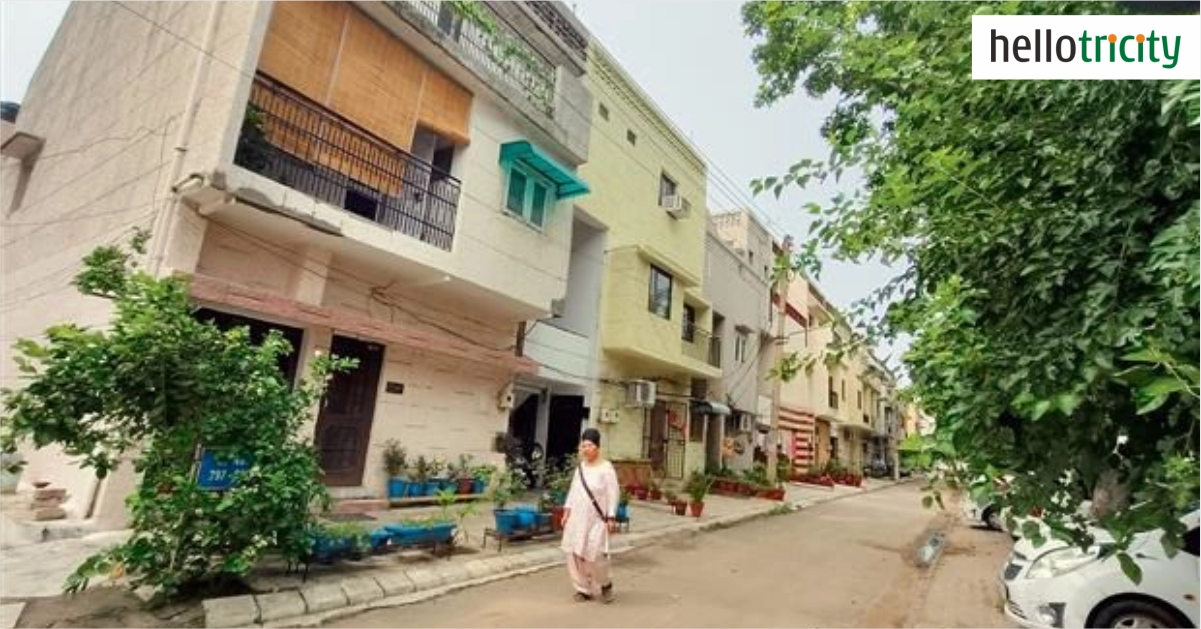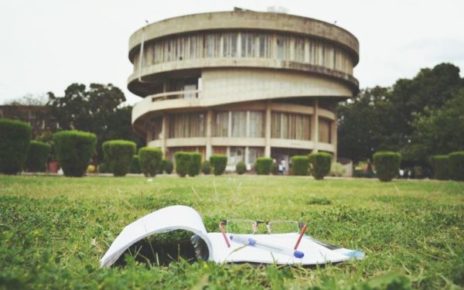For over a year, residents of Chandigarh Housing Board (CHB) flats have been waiting for a crucial meeting of the Board of Directors to address their demands for relaxation in norms regarding “need-based changes” made to their homes. This affects nearly 70,000 CHB properties across the city.
The crux of the issue lies in modifications residents have made to their living spaces over the years. These changes, often driven by expanding families, typically involve extending small rooms, kitchens, or bathrooms within the designated plot area. However, the CHB’s current policy, implemented in January 2023, categorises many of these alterations as violations.
Residents are seeking a more lenient approach, mirroring the “one-time settlement scheme” implemented in Delhi. This scheme allows for the regularization of unauthorized constructions upon payment of a fee. They argue that nearly 90% of CHB residents have undertaken some form of need-based change, highlighting the ubiquity of this practice.
Frustration is mounting as the Board meeting, which residents hoped would address their concerns, has not materialized since May 2023. Back then, non-official board members had specifically requested a meeting to clarify the new, stricter need-based change policy.
The residents’ demands are clear:
- One-time settlement scheme: Similar to Delhi’s model, they want a chance to regularize existing changes through a one-time payment. This would provide relief to a vast majority who have already modified their homes.
- Recognition of expanding families’ needs: Residents point out that modifications are often necessitated by growing families requiring more space. Small, original layouts often become inadequate.
- Fair and reasonable approach: Residents advocate for a policy that acknowledges the prevalence of need-based changes and offers a fair solution through the one-time settlement scheme. They emphasize that future violations beyond permitted modifications would not be tolerated.
The situation is further complicated by the cancellation of nearly 400-500 flat allotments and notices served to thousands of occupants for violating the current need-based change policy. Residents believe this punitive approach is counter-productive.
With the Board meeting seemingly stalled, residents are left in limbo. They urge the CHB to acknowledge the ground reality, adopt a pragmatic approach, and convene a meeting to discuss the one-time settlement scheme. Only then can a solution be found that addresses the needs of residents while ensuring proper regulations are upheld.




